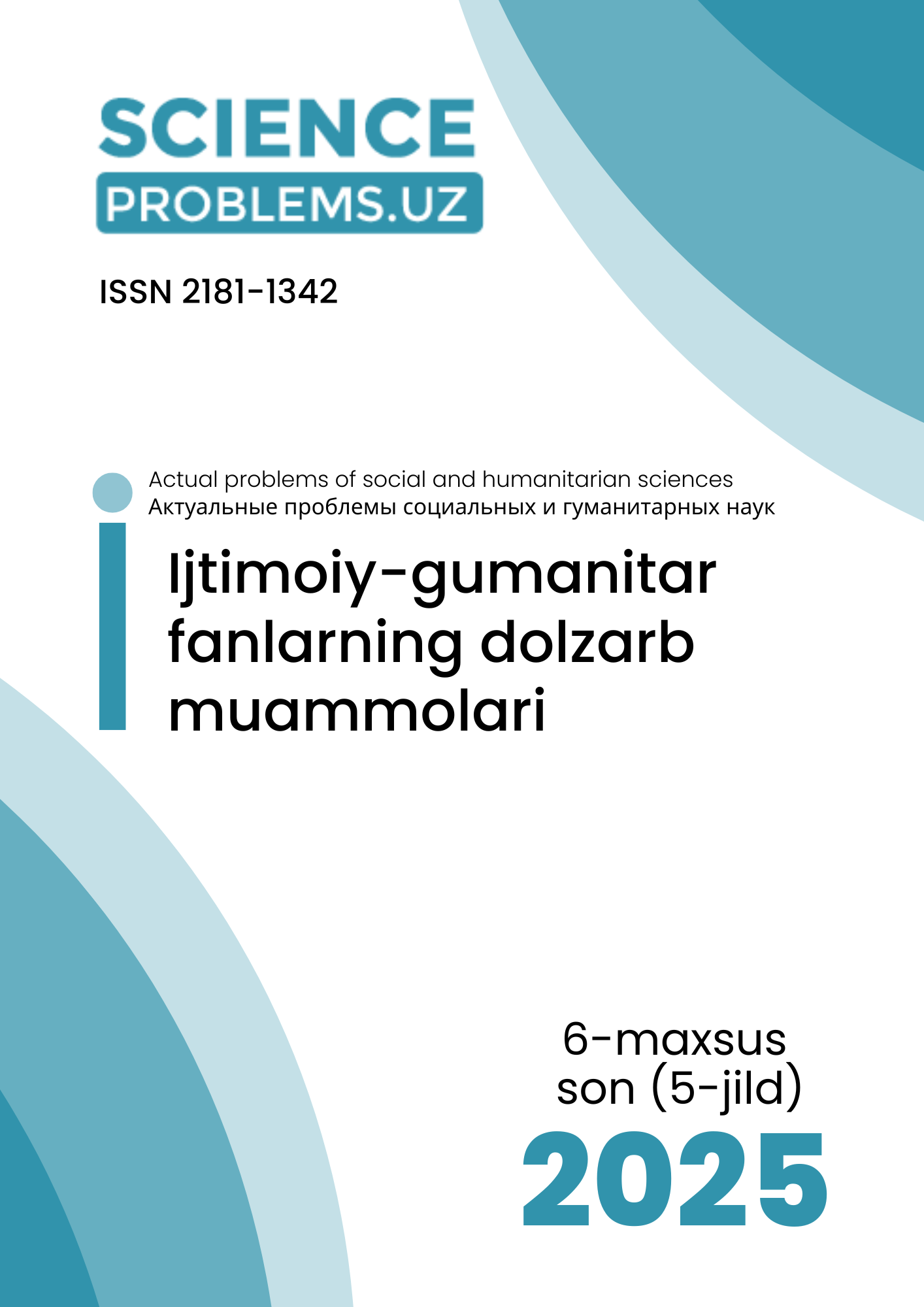СТРАТЕГИИ ВЕЖЛИВОСТИ В АНГЛИЙСКОМ И УЗБЕКСКОМ ЯЗЫКАХ: ПРАГМАТИЧЕСКОЕ И МЕЖКУЛЬТУРНОЕ СРАВНЕНИЕ
DOI:
https://doi.org/10.47390/SPR1342V5SI6Y2025N17Ключевые слова:
кросс-культурная прагматика, стратегии вежливости, узбекский, английский, социолингвистика, межкультурная коммуникация.Аннотация
Вежливость — сложный лингвистический и культурный феномен, определяющий способы социального взаимодействия людей. В данной статье автор предлагает обзор того, как теория вежливости Брауна и Левинсона может помочь нам в изучении прагматики английского и узбекского языков. Английский язык, с его акцентом на индивидуализме, часто использует синтаксические смягчающие средства, такие как модальные глаголы и хеджирование. Узбекский язык, сформированный коллективистскими ценностями и социальной иерархией, опирается на гомеопатию, контекстуальные сигналы и избегание.
Библиографические ссылки
1. Brown, P., & Levinson, S. C. (1987). *Politeness: Some universals in language usage*. Cambridge University Press.
2. Kasper, G., & Blum-Kulka, S. (Eds.). (1991). *Interlanguage pragmatics*. Oxford University Press.
3. Karimova, Z. (2015). Politeness strategies in the Uzbek language: Social status and indirectness. *Tashkent State University Journal of Philology*, 8(2), 45–59.
4. Toirova, M. (2020). Politeness forms and cultural behavior in Uzbek communication. *Language and Culture Studies*, 3(1), 22–30.








